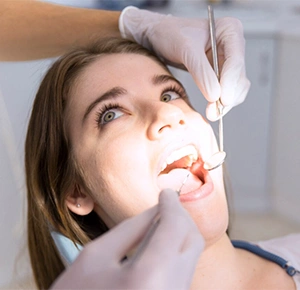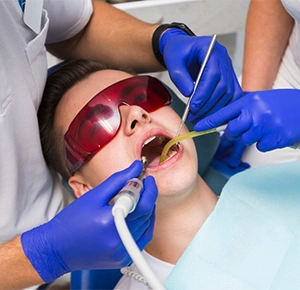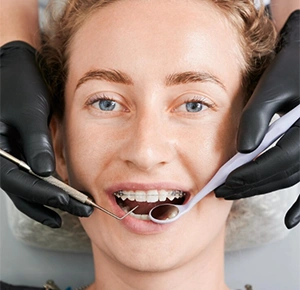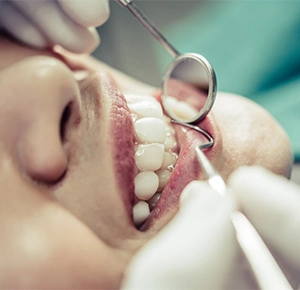What are Gum Diseases?
Gum diseases are characterized by swelling, redness and bleeding in the gums. These diseases start when plaque accumulated on the teeth as a result of inadequate oral hygiene irritates the gums. When left untreated, the condition known as gingivitis can lead to more serious problems such as periodontitis. These diseases can also affect the gums and the supporting bone structure of the teeth, leading to tooth loss.
Gum diseases can also cause symptoms such as bad odor in the mouth, gum recession, and tooth sensitivity. To maintain the health of the gums, it is important to adopt cleaning habits such as regular tooth brushing, flossing and mouthwash. In addition, regular dental check-ups ensure that such diseases are detected and treated at an early stage. Otherwise, progressive gum diseases can negatively affect both oral health and general health.
Periodontal diseases are progressive infections that affect the gums and other tissues supporting the teeth. When these diseases are not recognized at an early stage, they can have serious consequences, up to tooth loss. Some symptoms and effects of periodontal diseases are listed below:
When these symptoms are noticed, it is important to consult a dentist immediately and start appropriate treatment. Regular teeth cleaning and professional scaling are essential for the prevention of periodontal diseases.
Treatment of Gum Diseases
Gum diseases are one of the most important problems that threaten oral and dental health. These diseases can be easily controlled when diagnosed at an early stage. However, advanced cases may require a more comprehensive treatment process. Correct diagnosis and treatment by aspecialist dentist plays a critical role in controlling the disease.
Treatment of gum diseases is carried out with different methods depending on the stage of the disease. Here are the basic methods applied in treatment processes:
- Gingivitis, or gingivitis, can usually be treated with scaling and regular oral hygiene when diagnosed at an early stage.
- In advanced gum diseases, it may be necessary to clean the infected tissues under the gums. A specialist in periodontology should be consulted for this procedure.
- Advanced problems such as gum recession are corrected with surgical interventions.
- In case of jawbone loss, advanced treatments such as bone grafting can be applied.
In order to prevent the formation of gum diseases or to stop their progression, attention should be paid to daily oral care habits. Regular brushing, flossing and mouthwash habits are essential forhealthy teeth and gums. In addition, a balanced diet should be adopted, as vitamin deficiency, especially vitamin C deficiency, can negatively affect gum health.
Gum diseases are usually evaluated under periodontology as a department of dentistry. In this specialty, diseases affecting the gums and tissues supporting the teeth are diagnosed and treated.

What are the Symptoms of Gum Diseases?
Symptoms of gum diseases usually occur with mild complaints in the early period and therefore often go unnoticed. However, as the symptoms progress, serious problems can occur. Here are common symptoms of gum disease:
The treatment of gum disease varies according to the stage of the disease. In the early stages, regular teeth cleaning and improved oral hygiene may be sufficient. In some cases, scaling and root surface smoothing may be necessary. In advanced cases, surgical intervention may be required to reshape the gum tissue. Antibiotic treatment can be applied when necessary.
A healthy diet is of great importance to prevent gum diseases. Especially the question of “which vitamin deficiency” has a critical place in the prevention of these diseases. Vitamin C and D deficiency can negatively affect gum health. Therefore, a balanced diet and regular dental check-ups should not be neglected.
Gum diseases can be treated when diagnosed early. However, in progressive cases, it can lead to tooth loss. Therefore, when symptoms are noticed, a specialist should be consulted without wasting time.
Elşen Yusufoğlu is an Ankara dentist who performs various applications in this field. You can contact us for detailed information and applications.




